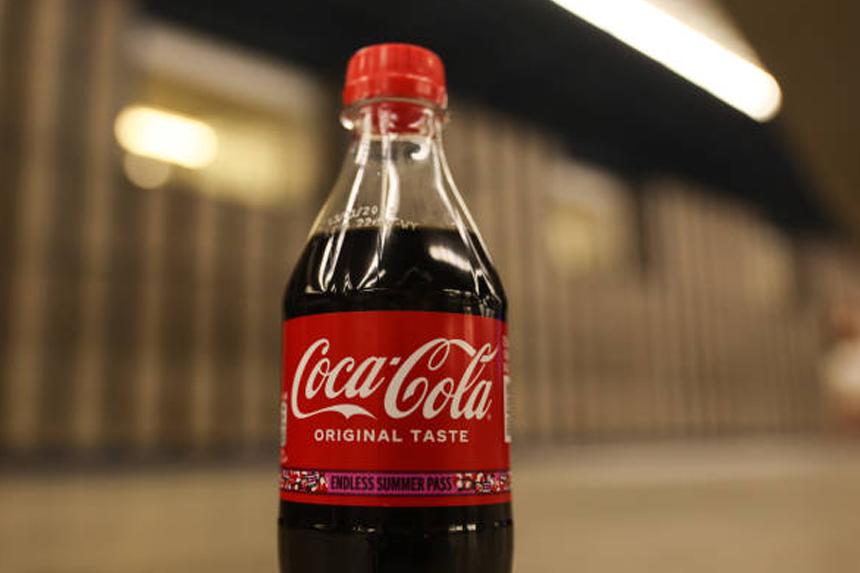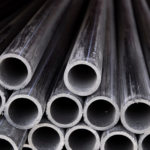If tariffs imposed by former President Donald Trump raise the price of aluminum cans, Coca-Cola might have to boost the usage of plastic bottles in the United States. In a call with investors, James Quincey, the company’s CEO, addressed this worry by pointing out that a 25% import tax on steel and aluminum may significantly impact packaging costs. This change demonstrates how the Coca-Cola tariffs have affected the company’s business plan.
Costs for canned food and drink items are predicted to increase due to Trump’s decision to impose a 25% tariff on all steel and aluminum imports into the United States. According to the U.S. Geological Survey, nearly half of the nation’s aluminum is imported, so the levy may significantly increase the cost of aluminum cans. Coca-Cola tariffs are currently a significant determinant of packaging choices.
How Does Coca-Cola React to Increasing Aluminum Prices?
Quincey told investors that Coca-Cola has other packaging choices available. “If one package suffers some increase in input costs, we continue to have other packaging offerings that will allow us to compete in the affordability space,” he said. For example, if aluminum cans become more expensive, we can emphasize PET [plastic] bottles more.” This illustrates the corporation is focused on more cost-effective packaging options due to the Coca-Cola tariffs.
Quincey claims that packaging charges comprise a minor portion of Coca-Cola’s total costs. To remain cost-effective, the company is now considering switching back to plastic packaging, even though it increased its usage of aluminum containers as part of sustainability programs. It is impossible to overlook the impact of the Coca-Cola tariffs on this choice.
What Does This Signify for the Sustainability Objectives of Coca-Cola?
Coca-Cola updated its sustainability goal in December. By 2030, the business wanted to employ 50% recycled materials in its packaging; however, by 2035, it has lowered that target to 35%–40%.
Environmental organizations have ranked Coca-Cola as the “top global plastic polluter” for six years and have criticized this adjustment. Since aluminum cans are often more recyclable over time than plastic bottles, switching from aluminum to plastic may worsen environmental issues.
Will Trump's Tariffs Have Any Exemptions?
When Trump first implemented steel and aluminum tariffs in 2018, many can-makers were exempt from the import taxes. This time, though, Trump has stated unequivocally that no particular goods or nations will be excluded. This move will likely increase production costs for beverage firms that use aluminum cans.
What Does This Have to Do With Trump's Position on Plastic?
Earlier this week, Trump signed an executive order canceling an attempt to replace plastic straws with paper alternatives, which may also contribute to plastic pollution. This ruling, signed by former President Joe Biden, revoked the policy, which had earlier called plastic pollution a “crisis.”
Given the rising cost of aluminum and the government’s reversal of its attempts to reduce plastic use, Coca-Cola tariffs might soon gain even more traction.




